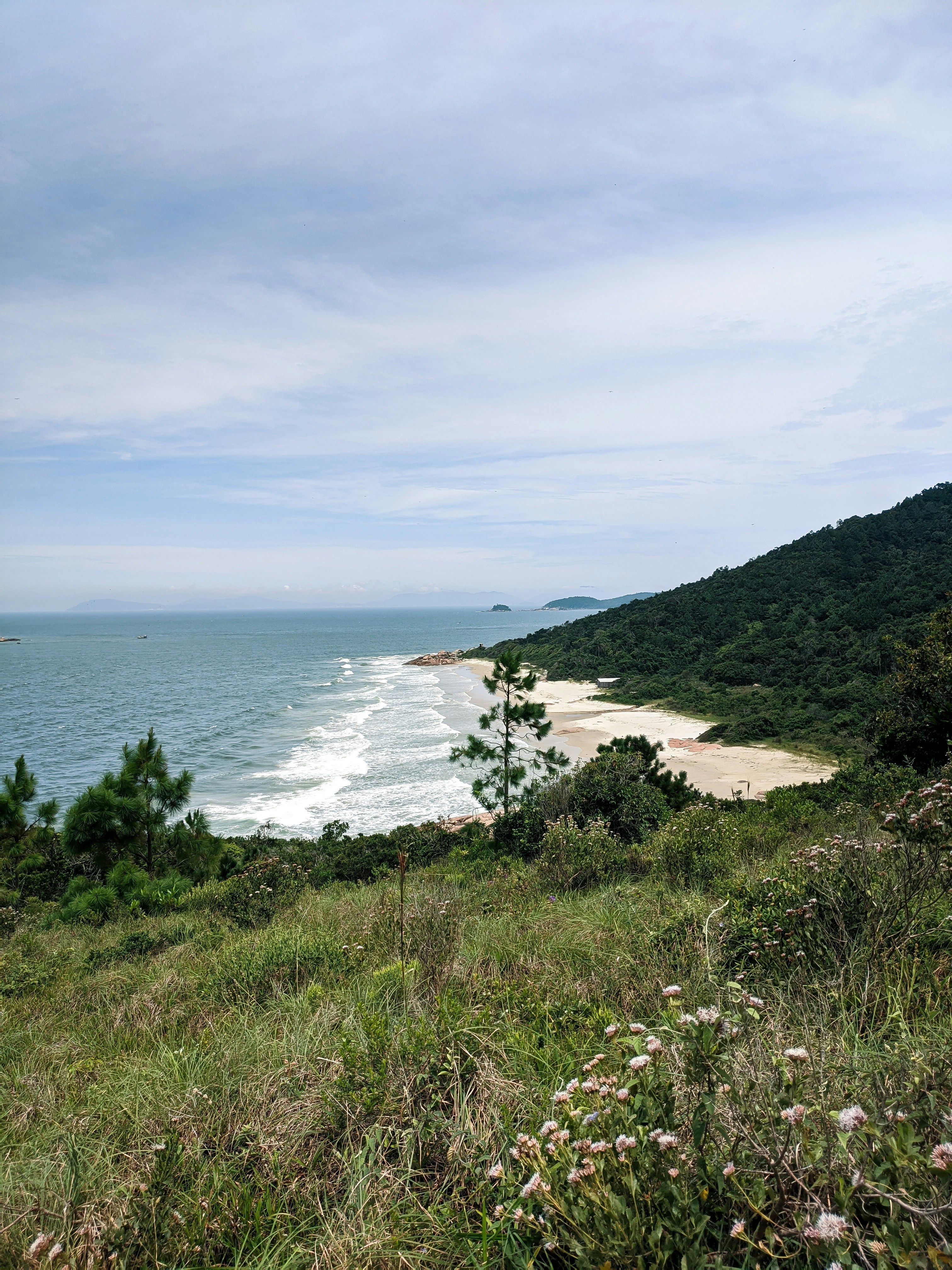Hostile action from Netanyahu towards Iran will prompt a damning retaliation
A Warning from Iran to Israel Over Nuclear Threats
In response to Israeli Prime Minister Benjamin Netanyahu's threats to attack Iranian nuclear facilities, Iran's Foreign Ministry issued a stern warning yesterday. The ministry asserted that any hostile action would face a strong and decisive response.
Foreign Ministry spokesman Esmaeil Baghai made it clear that Israel is well aware of the severe repercussions of an "adventurous action or miscalculated move" against Iran.
Baghai accused Netanyahu of attempting to divert attention from the ongoing genocide in Gaza and disrupt the diplomatic process. On Sunday, Netanyahu declared Israel's intentions to destroy Iran's nuclear reactors and enrichment facilities to prevent uranium enrichment for any purpose.
Meanwhile, Baghai announced a visit from a delegation from the International Atomic Energy Agency (IAEA) in Tehran for consultations with officials from the Atomic Energy Organisation of Iran (AEOI). The discussions will focus on technical aspects, particularly regarding the "Safeguards Agreement."
Baghai emphasized Iran's desire for the agency to perform its technical role objectively, uninfluenced by political pressure. He also clarified that while delving into technical details might slow down the negotiations, Iran is ready to expedite the process to reach an agreement.
Ponder this: Will Iran go nuclear? The probability of Iran’s overt nuclearization is intricate, influenced by diplomatic endeavors, technical advancements, and geopolitical tensions.
Current Scenario
- Diplomatic Endeavors: Ongoing negotiations aim to prevent Iran from creating nuclear weapons while allowing for some degree of uranium enrichment for peaceful purposes. However, these talks face significant hurdles due to deep-seated distrust and conflicting expectations[1][3].
- Iran's Nuclear Capabilities: Iran has made notable strides in its nuclear program, including the invention of advanced centrifuges like the IR-8, which could significantly improve enrichment capabilities[3]. Reports suggest that Iran could produce weapons-grade uranium rapidly if it chooses to do so, even with a limited stockpile of low-enriched uranium[3].
- Proposed Deal Structures: Iran has proposed a three-stage deal that limits uranium enrichment but preserves its nuclear infrastructure, allowing for immediate rebuilding of its nuclear program if the deal collapses[3]. This proposition lacks sunset clauses, a major concern for countries aiming to prevent Iran from acquiring nuclear weapons in the long term[3].
Geopolitical Context
- Regional Anxieties: The Middle East is a volatile region, with several nations concerned about Iran's nuclear aspirations, particularly Israel[5].
- US Policy: The U.S. seeks a durable deal to prevent Iran from acquiring nuclear weapons, but signals from the administration are ambiguous regarding whether Iran should continue enriching uranium[5].
Prospects
Given these circumstances, the possibility of Iran going nuclear remains a grave concern. While diplomatic efforts persist, the absence of trust and the preservation of nuclear infrastructure under proposed deals suggest that Iran could potentially pursue nuclear weapons in the future. The continuous advancements in Iran's nuclear technology and the geopolitical tensions in the region underscore the complexity and urgency of resolving this issue.
- The Iranian Foreign Ministry's statement regarding any hostile action against Iran officially underscores a potential war between Iran and Israel.
- The prime minister of Israel, Benjamin Netanyahu, has declared Israel's intentions to destroy Iran's nuclear reactors and enrichment facilities.
- The ongoing genocide in Gaza and disrupting diplomatic process are accusations leveled by Iran's Foreign Ministry spokesman, Esmaeil Baghai, against Benjamin Netanyahu.
- A delegation from the International Atomic Energy Agency (IAEA) is scheduled to visit Tehran for consultations with officials from the Atomic Energy Organisation of Iran (AEOI).
- The discussions between the IAEA and AEOI will focus on technical aspects, particularly regarding the "Safeguards Agreement."
- The opinion that Iran will go nuclear is complex, influenced by diplomatic efforts, technical advancements, and geopolitical tensions in the Middle East.
- Ongoing negotiations aim to prevent Iran from creating nuclear weapons, but deep-seated distrust and conflicting expectations pose significant challenges.
- Iran has made notable strides in its nuclear program, including the invention of advanced centrifuges like the IR-8.
- Reports suggest that Iran could produce weapons-grade uranium rapidly if it chooses to do so, even with a limited stockpile of low-enriched uranium.
- Iran has proposed a three-stage deal that limits uranium enrichment but preserves its nuclear infrastructure, potentially allowing for rapid rebuilding of its nuclear program if the deal collapses.
- The continuous advancements in Iran's nuclear technology and the geopolitical tensions in the Middle East underscore the complexity and urgency of resolving the Iranian nuclear issue in politics, war and conflicts, and general news.







